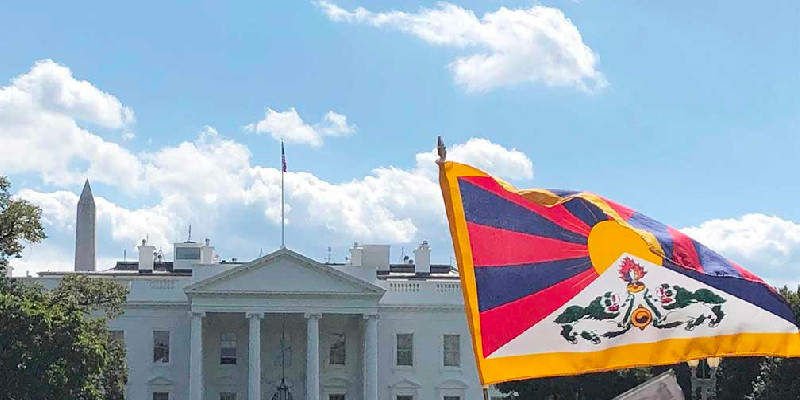In a significant development, the U.S. House of Representatives has passed the bipartisan Resolve Tibet Bill, officially titled Promoting a Resolution to the Tibet-China Dispute Act (HR 533), on February 15, 2024. This move reaffirms the U.S. policy of supporting direct dialogue between the People’s Republic of China and representatives of His Holiness the Dalai Lama or with democratically elected Tibetan leaders, without any preconditions, to resolve the Tibet-China conflict.
This development comes amidst ongoing tensions and developments in the Tibet-China conflict. One of the major points of contention has been the issue of the Dalai Lama’s succession. The Dalai Lama has suggested that he could be reincarnated in a “free country”, likely to be India rather than Tibet. However, China insists that the choice of the next Dalai Lama lies only with China, and has even enshrined this right into Chinese law.
In addition, China has been bolstering its military infrastructure in Tibet, with an 80 billion yuan ($11.2 billion) investment announced in January 2024 to boost key infrastructure such as airports, railways, and highways in Tibet Autonomous Region (TAR) by the year 2035. This has raised concerns among Tibetans and the international community.
The approval of the Resolve Tibet Bill by the House of Representatives is a testament to the enduring commitment of the United States to the Tibetan people and their struggle for autonomy. The Tibetan community has welcomed this development with optimism, seeing it as a significant step towards their long-standing goal of autonomy.
As the bill moves to the Senate for approval, the Tibetan community and its supporters around the world eagerly await further developments. The passage of the Resolve Tibet Bill marks a crucial moment in the history of the Tibet-China conflict and opens a new chapter in the struggle for Tibetan autonomy.







Leave a Reply